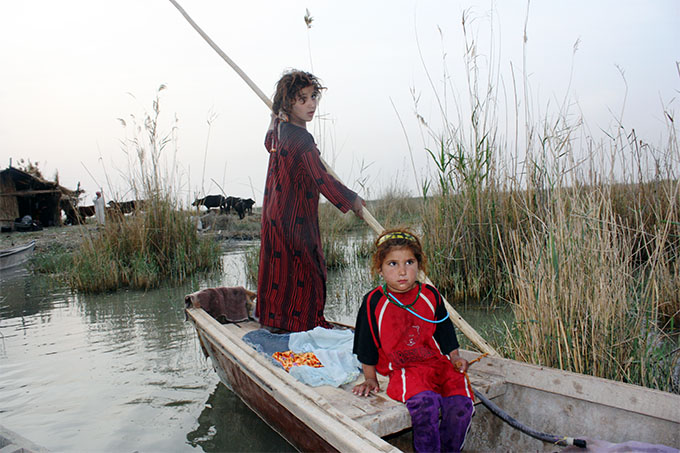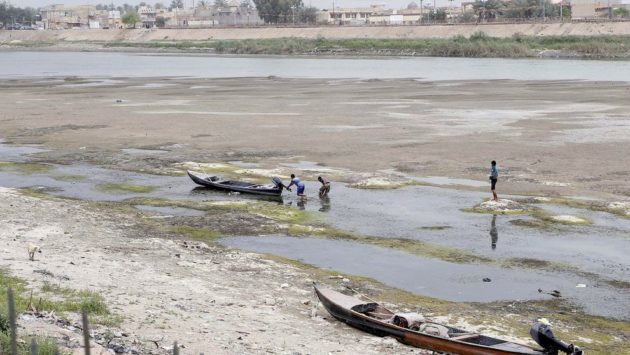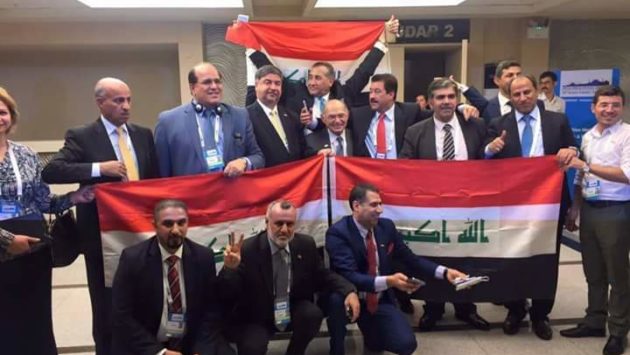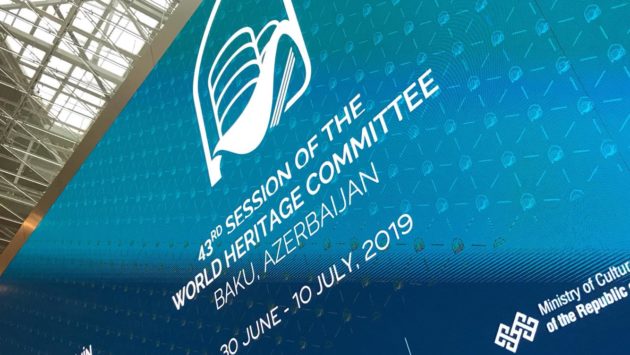Iraq’s Marsh Arabs more optimistic after World Heritage status
United Nations Environment Programme (UNEP), 23 November 2016
The Marshlands of Mesopotamia in southern Iraq are a rare aquatic landscape in the desert, and a biodiversity hotspot for key migratory birds. “They are a unique ecosystem regionally and globally where we see the largest river system in the Middle East, a rich biodiversity, and historical monuments that date back 5,000 years,” says UN Environment Marshlands expert Diane Klaimi. Since the 1970s, upstream dam construction, drainage for agriculture, oil exploration, war, drought, desertification and climate change have damaged this valuable ecosystem. The population shrank from half a million in the 1950s to about 20,000 following the draining of the marshes in the 1980s and 1990s by Saddam Hussein, who tried to drive the marsh Arabs out of their homes. By 2003, the Marshlands existed only in name. But the population has rebounded since then. Today’s “Marsh Arabs” live in secluded villages of reed houses. They fish, grow rice and rear water buffalo.
People are more optimistic about the future since the listing of the Marshlands as a World Heritage site in July 2016. “Marsh Arabs are delighted with the newly achieved World Heritage status for the Iraqi marshlands. They believe it will help preserve not only the marshes but their way of life and culture,” says Jassim Al-Asadi, director of Nature Iraq, a non-governmental organization working on the marshes. The marshes cover four governorates: Thi Qar, Missan, Basra and Al-Warkaa. “Having our marshes on the World Heritage list is a big `dream come true’ for us. Our life will be better, income will be better and we hope tourism will prosper thanks to the World Heritage status conferred by the United Nations Educational, Scientific and Cultural Organization,” says Razaq Jabar, a boatman, fisherman and singer. Aged 51 and a father of 15, Razaq fled the marshes in 1993 but returned 22 years later. “Marshes and more water mean life. We hope that the World Heritage status can help us rebuild our land,” says Hamza Mohamed, a buffalo herder in the marshes. Locally fishers, such as Salwa Tureer, hope to see their marshes in a better condition with more water. The hope is that the new status will attract more Government funding to support marshland communities, and put the marshes on the map internationally. Local people also hope improved security will attract domestic and international tourists.
Boost for biodiversity?
Al-Asadi believes the new status will help raise awareness locally of the importance of preserving biological diversity and sustainable livelihoods. “There are a number of things we need to do: We need to carry out further studies on the marshland ecosystems, assess how human activity is affecting the local environment, and get local businesses involved in schemes to maintain and protect the environment. The development of eco-tourism could also channel funds into environmental protection measures.” Marsh dwellers in southern Iraq are closely connected to their wetland surroundings, he says. Their entire way of life ̶ buffalo herding, reed harvesting and fishing ̶ depends on the maintenance of this ecosystem. They derive material and spiritual sustenance from it.
Note of caution
“The achievement of World Heritage status is an incredible achievement for Iraq, and is the fruit of several years of collaboration between Iraqi institutions and UN Environment,” says Klaimi. Before the achievement of World Heritage listing, UN Environment had been working to develop and promote a “sustainable management plan” for the marshes. “The plan will need more funding in future for on-the-ground capacity building in government planning departments in the environment, culture, water, oil and agriculture ministries,” she said. UN Environment has been working with partners since 2004 to restore the marshlands to their former glory. It supported the Government in its efforts to win World Heritage status.
(Taken from the UNEP website. Picture by Jassim Al-Assadi)




